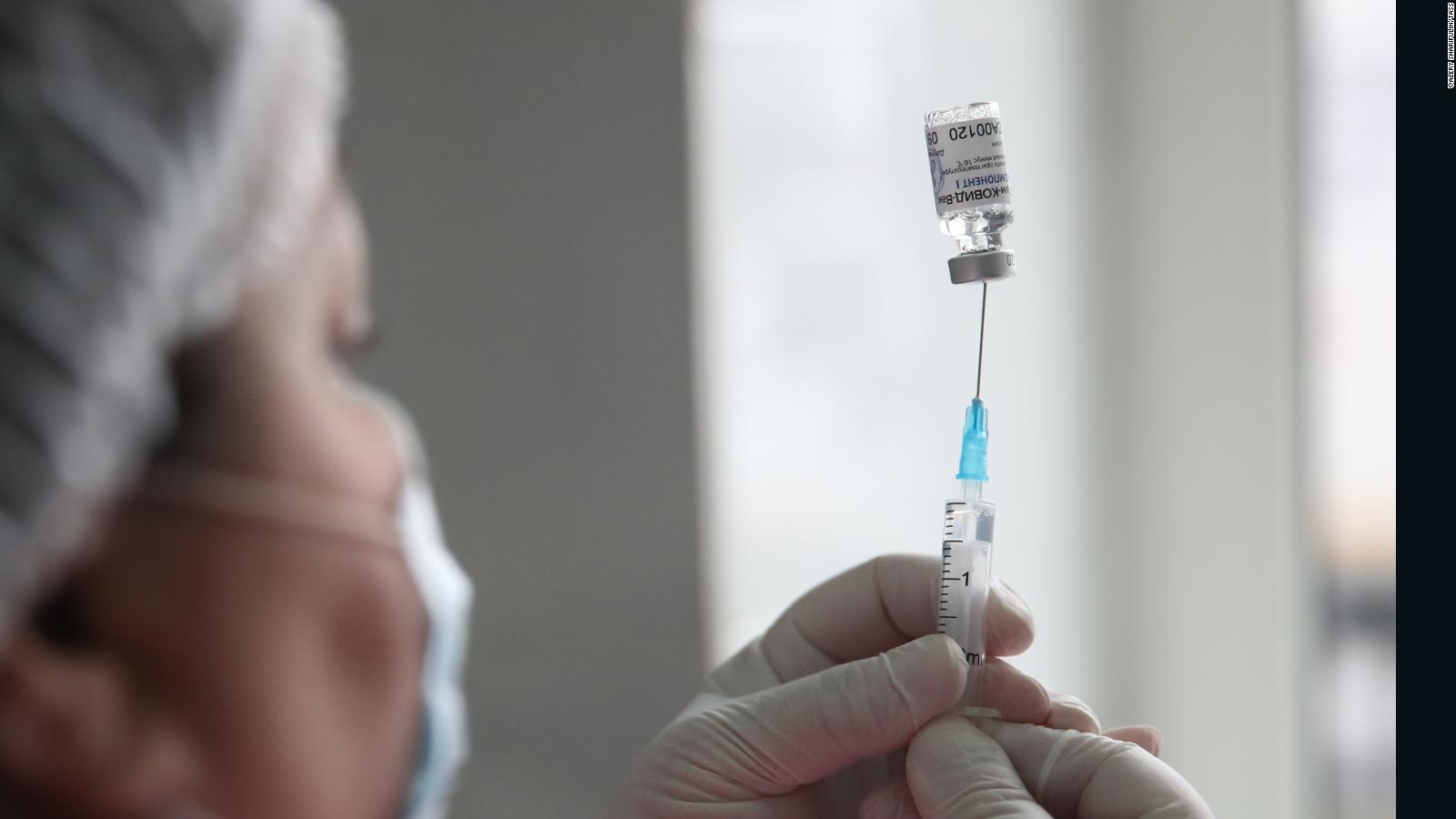
The side effects of the vaccines are a sign that the vaccine has stimulated an immune response. Instead, the vaccines train the immune system to recognize and respond to the coronavirus if it encounters it later. The vaccines don’t contain any live coronavirus, so it’s impossible to develop COVID-19 due to a vaccination. While some of these are similar to COVID-19 symptoms, the vaccines don’t cause COVID-19. The most common side effects seen in the clinical trials of COVID-19 vaccines have been local reactions, such as pain or redness near the site of injection, and systemic reactions such as headache, fatigue, muscle pain, and fever. Local pain and flu-like symptoms most common side effects “Thus, getting the population immunized rapidly is going to be very important.” “As the number of infected people - who can serve as ‘living Petri dishes’ for viral evolution - decreases, so will the rate at which we see viral variants,” said Sostman. Vaccinating as many people as possible and as quickly as possible can also help slow the development of new variants of concern. In addition, vaccine makers are working on booster shots that directly target these variants.

More studies are being done to understand how the vaccines stand up to the variants. Testing suggests that other variants, though, may not have much of an effect on certain vaccines. One of the biggest concerns about the effectiveness of these vaccines, said Sostman, is what effect the variants will have on the vaccine’s performance.ī.1.351, a variant first identified in South Africa, appears to reduce the effectiveness of some vaccines. “In clinical trials, the J&J vaccine had lower efficacy for preventing any symptomatic disease,” he said, “but it is comparable to the Pfizer and Moderna vaccines for preventing serious disease, keeping people out of the hospital, and keeping people from dying.” Sostman cautions against comparing the efficacy results from different clinical trials, because the trials were done at different times, with different coronavirus variants in the community, and often with different definitions of outcomes. The third vaccine approved for use in the United States, developed by Johnson & Johnson’s subsidiary company Janssen Biotech, showed an efficacy of about 66 percent against moderate to severe COVID-19 in clinical trials. More recent studies suggest that the real-world effectiveness of the Pfizer-BioNTech vaccine is also high - 94 percent in an Israel study, and 88 percent in a UK study. In clinical trials, two doses of the Pfizer-BioNTech or Moderna-NIAID vaccines had an efficacy against symptomatic COVID-19 of over 90 percent. “Now we have three FDA-authorized vaccines, with at least two more likely to be authorized this year.” “A year ago we didn’t know if vaccines would work at all, how effective they would be, or how long it would take to produce them,” he said. Dirk Sostman, president of the Houston Methodist Academic Institute, said the COVID-19 vaccines approved by the FDA have far exceeded the 50 percent efficacy bar set by the agency last fall. Still, health officials face an ongoing fight against the spread of COVID-19 misinformation - some of it perpetuated by the algorithms of social media sites such as Instagram.ĬOVID-19 vaccines approved in U.S. Recent polling, though, suggests that public willingness to be vaccinated is on the rise. This misinformation campaign comes as the vaccine rollout continues across the United States. The campaign against the widely used Pfizer-BioNTech vaccine is likely due to its potential competition against Russia’s Sputnik V vaccine, a report by the Alliance for Securing Democracy said. Some of the misinformation relied on actual news reports, but presented it without the broader context of data showing that the vaccines are safe and effective. The websites involved have questioned the efficacy of the vaccines, exaggerated the risk of side effects, and claimed that the vaccines were rushed through the Food and Drug Administration (FDA) approval process, the WSJ reported.

Much of the misinformation is aimed at undermining confidence in Western vaccines, such as those developed by Pfizer-BioNTech and Moderna-NIAID. Top myths from Russian misinformation campaign


 0 kommentar(er)
0 kommentar(er)
